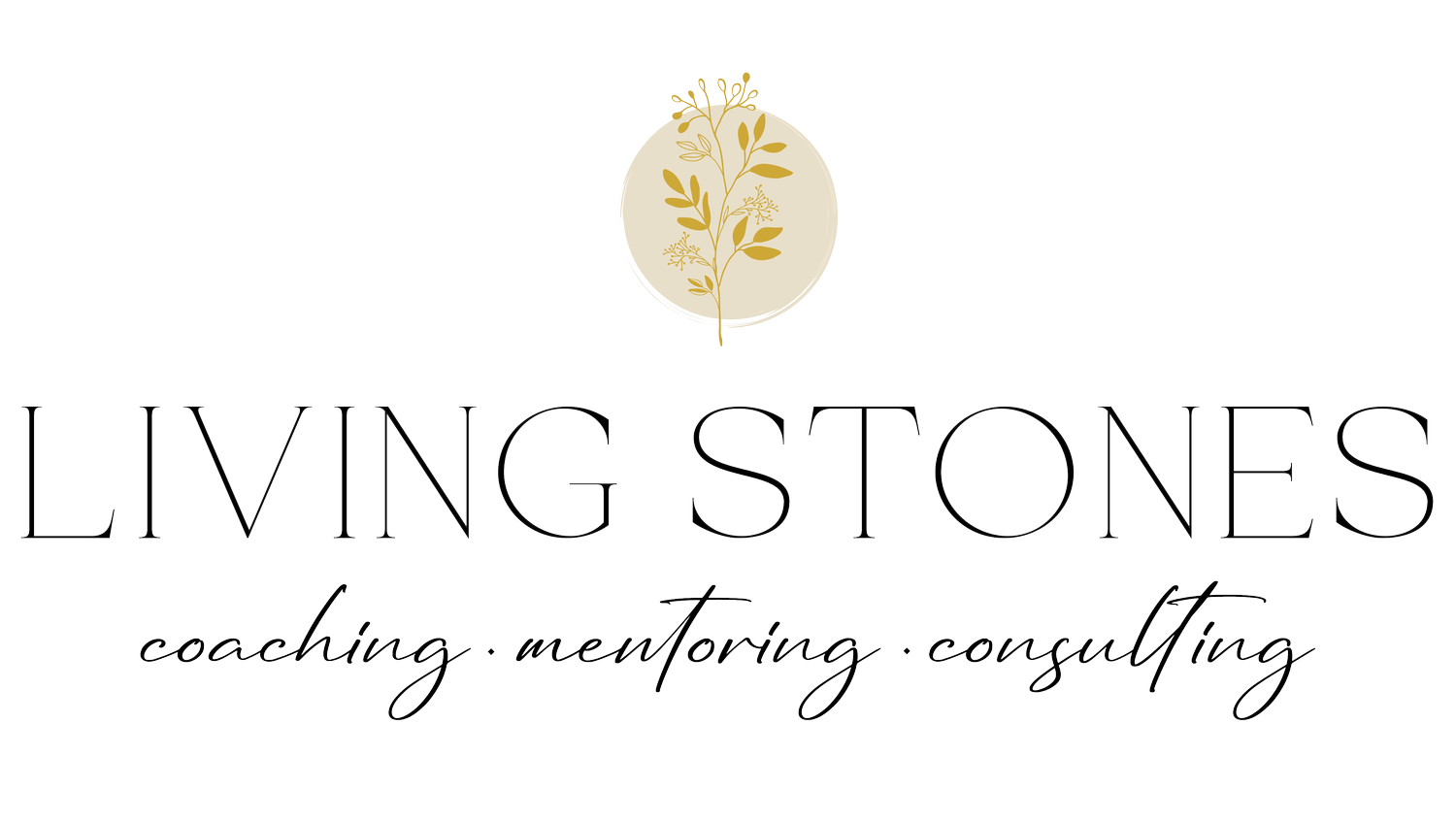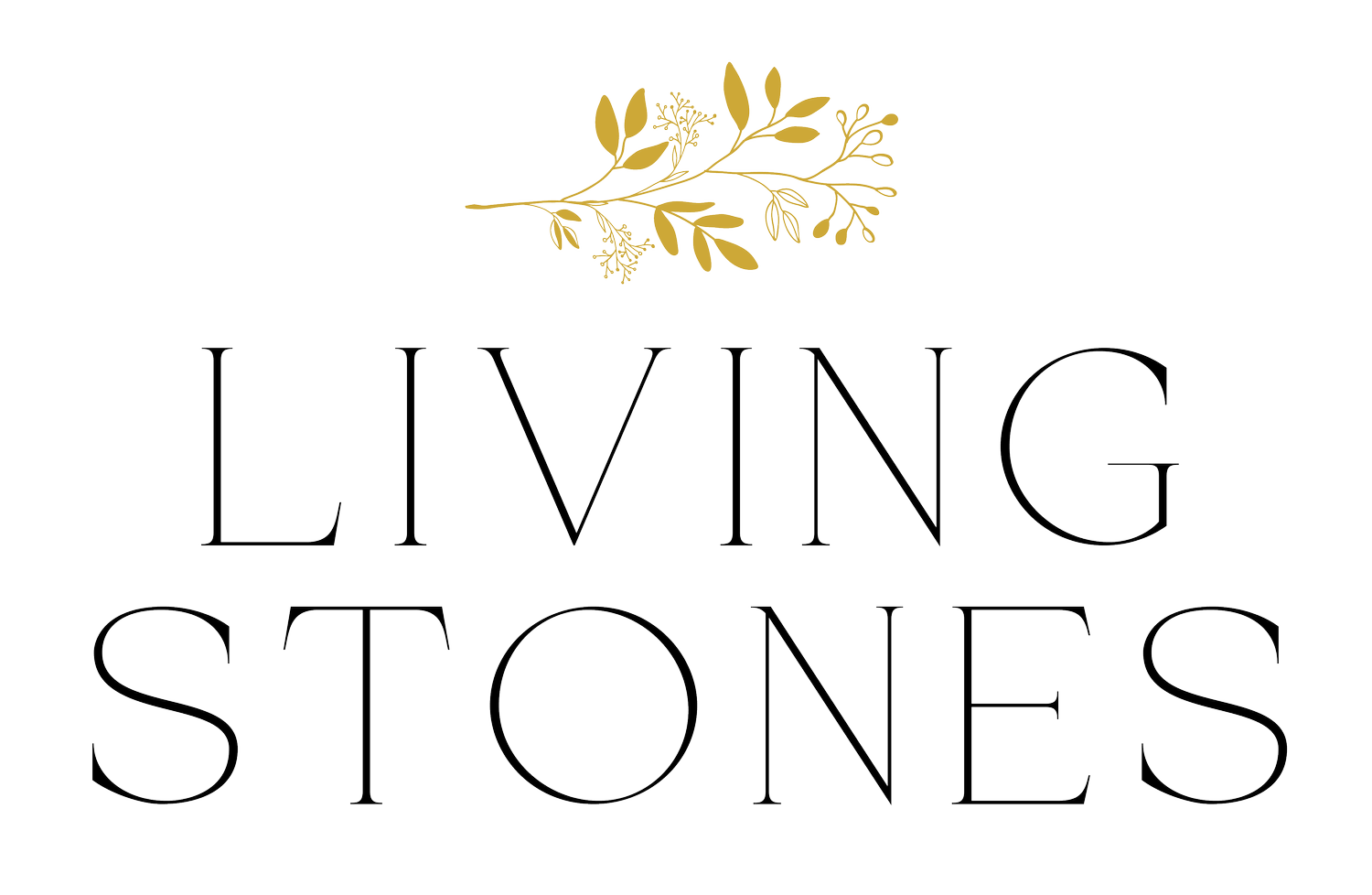FAQs
-
Coaching is … Honoring you and your story. Listening and providing space for wounds to be heard and healed. Validating experiences that have created barriers. Encouraging acceptance of where you are. Giving a space to share feelings and thoughts. Focusing on support toward things you can change. Motivating with a sense of self-care and empowerment. Taking steps, with the help of a specialized coach, toward sustainable action. Providing additional readings and homework to further your progress.
Coaching is not ... Therapy or Clinical Mental Health. Assessing or diagnosing mental health or addiction. A place to do deep trauma work. Finding the answers for you. A quick, 3-step guide to healing. An immediate fix to your marriage or relationship. A place to fix someone else.
-
A peer mentor is someone who has been through a similar experience you’re navigating. Usually, this person is down the road on the journey, has completed several years of intense work and therapy, and is able to use hands-on experiences to help others facing similar struggles.
When you have a peer mentor, you can go to that person for guidance, feedback and encouragement. You can ask them questions such as “how did you handle this situation?” or “how can I find the right support?” The relationship between a peer mentor and their mentee can be a valuable resource between coaching and therapy sessions. Men often think of their peer mentor similar to a church elder or a wise friend.
-
There are a few key benefits of working with a peer mentor:
Your peer mentor can give you a realistic perspective regarding programs, groups, and professional resources. They can share their own experiences with you and let you know what has worked for others they have supported.
Working with a peer mentor can also help improve your communication skills. You’ll get used to talking about yourself, your struggles, and your goals with someone else — and being able to do so will prove incredibly helpful as you begin building healthy relationships.
-
That is a common question. And our answer is to show up despite their choice. I believe it is important to not wait for someone else to do something you want to do. In our experience, most often no two people are ready for the same thing at the same time. That is why we believe that if you have decided it is time for you to find recovery for the struggle or the block in your life, you can take that step now. As you focus on areas of growth in your own life, others notice, and things change. Maybe not always change for the better right away, but things do change. Sometimes those we care about the most will follow closely behind and other times they may turn the other way. But, despite their decision, we believe you have an opportunity to take a step toward healing and find the restoration you are longing for.
-
That really depends on where you are and where you want to go. The more honest and authentic you choose to be, the more you will gain from your sessions. Our experience is that timing is important. You may be sick and tired of staying stuck and that may be the perfect time for coaching or mentoring. It often takes another person to help us see things from a different angle. As you bring your concerns, struggles, fears, and insecurities, we will provide insight and feedback with collaboration for your next steps. We believe that steps are important. Some may be little steps, and some may feel like big leaps. But either way it is moving forward when you take a step. We believe you are worth helping to take that step and will be honored to walk with you through the process.
-
Feelings & thoughts check-ins | Self-care plan | Understanding attachment issues | Detaching in love | Connecting with self and others | Determining safe people | Boundaries work | Core belief statements | Prayer and meditation plan | Empowerment exercises | Managing triggers | Fear & truth inventories | Anger work & chair exercises | Gratitude journals | Trust building activities | Goals and healing plan.
-
We have the opportunity to serve clients locally, nationally and internationally. Mentoring is done all virtually via zoom. Coaching is done mostly virtual with some limited opportunities to see clients in our Gilbert, Arizona office.
-
We are currently creating support groups and workshops on for couples in later recovery and in neurodiverse marriages. If you are interested in finding out more, please join our mailing list and reach out to us on our contacts page. Groups are filled on a first come, first serve basis.
-
For our coaching & mentoring services, we do not offer complimentary calls at this time, but do offer low cost introductory calls through our Scheduling Page.
-
For our coaching services, instead of offering sliding scales we offer packages to bring the cost per session down for those interested in ongoing coaching.
For our mentoring services, we offer lower cost rates per session so all can access this service.
-
Unfortunately, we cannot take insurance plans due to insurance company coverage restrictions, however some FSA and HSA plans have covered our services in the past. Make sure to check your individual plan to be sure.
-
As a Certified Professional Coach, we follow the International Coaching Federation Code of Ethics. Below are a few of the key distinguishers as a coach.
• We will only provide support and assistance for issues within our scope of training and competency. We have been trained to understand when a client might need additional services or therapeutic intervention and will communicate that when appropriate. Clients with illnesses such as mental health, addiction, severe anxiety, or depression will be encouraged to see a licensed clinical professional.
• We will refer out for all therapeutic interventions and diagnosis of patient treatment in work such as (but not limited to) EMDR for trauma, CBT for grief & family of origin work, and clinical assessments for PTSD.
• It is out of our scope to work with clients who are suicidal, at risk of harming self or others or at risk of being harmed by another. Should a client voice suicidal thoughts or harm of self or others, it will be reported to the national suicide hotline or reported to local agencies. Clients with situations of physical violence, domestic violence, restraining orders or harm done from others physically or sexually will be encouraged to see a licensed clinical professional. Coaching may resume once the client is stable and cleared by a professional in the field of suicide.
• It is out of our scope to work with clients that are in active addiction, with drugs, alcohol or other mind altering substances. Should a client be under the influence, the session will be postponed until there is a stable level of sobriety. Coaching may resume once the client is of sound mind and reasoning.
• Confidentiality is of utmost importance and will kept in high regard. Exception are if a client threatens to injure themselves or others, there is a court order, or should the client provide written consent.
• There are times when supervisory hours are required and therefore a client's files may be shared to gain better insight and expertise. Confidentiality strictly applies for the supervisory hours.
We realize that situations may arise that bring uncertainty. Should there ever be questions, we welcome them. We would rather have an open dialogue than later wish we had talked about something that may have been of harm to you or another. The above is a consolidated list, to read the complete ICF Code of Ethics, click: https://coachfederation.org/code-of-ethics
Have more questions?
We're here to help. If you haven't found the answers you're looking for in our FAQ section, please don't hesitate to reach out to us.



